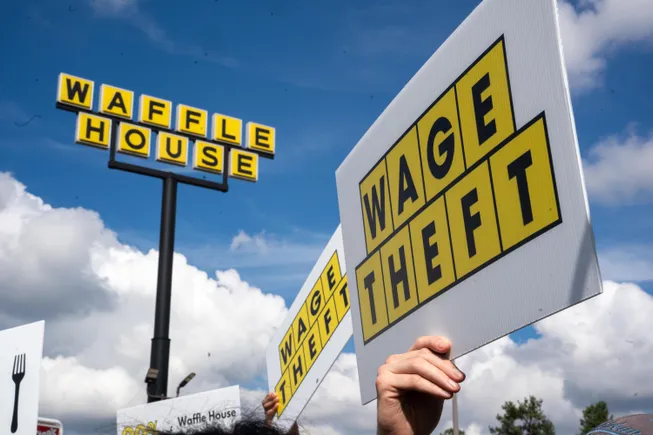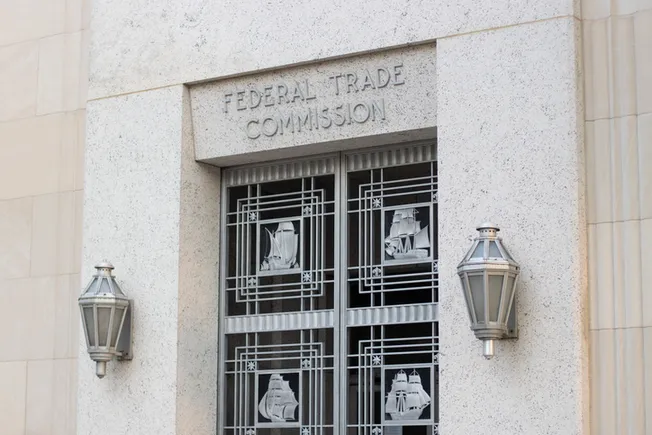Dive Brief:
- Youth work permits, which outline the potential hours and work duties for a minor worker, help prevent child labor violations, according to an analysis of U.S. Department of Labor data conducted by Economic Policy Institute, a progressive think tank.
- EPI found that between 2008 and 2020, states that mandated youth work permits saw 15.5% fewer child labor violation cases and 35.2% fewer minors involved in those violations compared to states without such permits.
- “As state legislators prepare for legislative sessions to begin, they should oppose misguided attempts to eliminate youth work permits and look to strengthen them by making sure the process is clear, accessible, and effective at keeping minors safe at work,” three EPI authors concluded in a blog post about the analysis.
Dive Insight:
Federally, child labor is enforced by the Fair Labor Standards Act of 1938, which sets out conditions under which minors may work. The law includes provisions governing the ages at which youth may perform certain types of work and which hours they may work, among other elements of minor employment.
In addition, states may require youth work permits — and 35 states do, as well as the District of Columbia. These are typically “simple, one-page forms” that inform parents or guardians of a child’s rights, ensure the minor’s work is safe and appropriate and collect the adult’s consent, according to EPI. The think tank included the example of Arkansas’ youth work permit form; notably, Arkansas rolled back this requirement in 2023.
Seven other states, mainly in the South and Midwest, have also proposed reversing course on youth labor permits in recent years. Three states enacted such laws, including Iowa, which eliminated work permit requirements for some teen jobs, and Alabama, which eliminated work permit requirements for 14- and 15-year-olds.
Opponents of youth work permit requirements have generally characterized the process as onerous and unnecessary. Alexa Henning, Arkansas Gov. Sarah Huckabee Sanders’ then-communications director, told NBC News in 2023 that the requirement placed an “arbitrary burden on parents.”
EPI said its findings contradicted that claim, with violations not only lower overall in states with such requirements, but particularly lower in high-risk industries.
“In the accommodation and food services sector — which accounts for over half of all child labor violations — states with work permit requirements saw 18.5% fewer violation cases and 34.6% fewer minors involved in violations,” EPI said. “Further, states with work permit requirements saw nearly 30% lower civil penalties per minor involved in the violations, suggesting these requirements also help prevent more serious forms of child labor exploitation.”






Leave a Reply